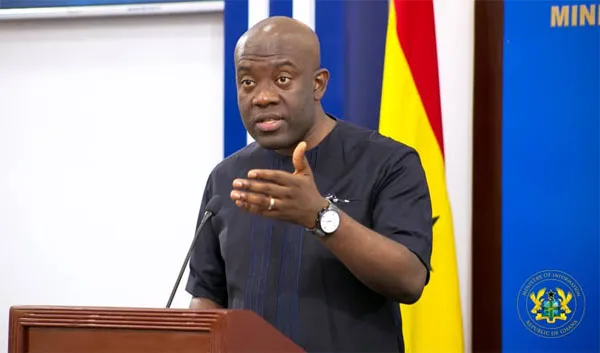Former Information Minister Kojo Oppong Nkrumah has slammed the government for introducing an 8% fuel levy, condemning its clandestine introduction and broad financial impact as "midnight robbery".
At a press conference today, the MP for Ofoase-Ayirebi drew sharp comparisons between this new impost and the recently repealed Electronic Transfer Levy (E-Levy), arguing the current tax is far more punitive and less transparent. "This dumsor levy was smuggled through to avoid any form of public engagement, consultation or scrutiny," Oppong Nkrumah declared, emphasising its lack of advertising in the national budget or the daily order paper for Parliament. "And that's why we say that this amounts to midnight robbery." He contrasted this starkly with the E-Levy, which underwent extensive public consultations, including town hall meetings and parliamentary debates, before its passage - a process that itself triggered nationwide protests and parliamentary brawls reflecting strong public demand for transparency.
Mr Oppong Nkrumah meticulously outlined five key distinctions to underscore his "midnight robbery" claim: Rate disparity: While the E-Levy, at an effective rate of 1% per transaction, was branded "pickpocketing" by the then-opposition, this new "dumsor Levy" carries an effective rate of 8% per transaction - a staggering eightfold increase in the tax burden.
Absence of exemption threshold: The E-Levy exempted transactions not exceeding GH¢100, a deliberate measure to cushion low-income earners.

